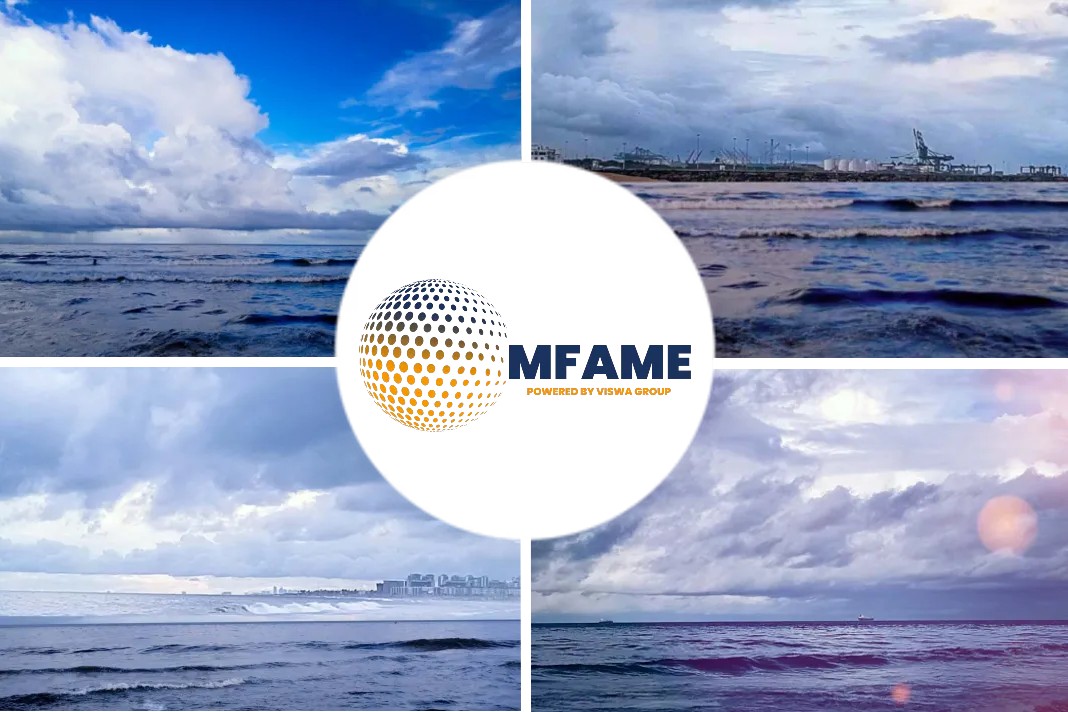
Over 60% of Russian crude exports bypass G7 price cap via non-compliant tankers, complicating efforts to restrict Moscow’s oil revenue.
G7’s Price Cap
In September, 60% of Russian crude exports were transported by non-G7, non-Western tanker companies, as per S&P Global data. Western insurers had covered Russian oil shipments until February 2022, when they started withdrawing due to the Ukraine conflict.
The US-led price cap aimed to curb Moscow’s revenue, but non-Western tankers have increasingly moved Russian oil, prompting Russia to create its “gray” tanker fleet.
“All along we had expected Russia to take countermeasures to try to circumvent the price gap,” said Ben Harris, vice president and director of the Economic Studies program at the Brookings Institution, adding that amassing gray tonnage would be one of the measures.
Russian Crude
As of early October, Windward estimated 2,452 tankers potentially involved in sanctioned trades, a significant increase from 855 in January 2022.
The G7’s price cap indirectly impacts gray tankers by pressuring insurance and service providers due to Russia’s exports surpassing their $60/b threshold.
Large Scale Violation
Urals crude prices on an FOB Primorsk basis exceeded $60/b since July 11. In September, nearly half of Urals exports and 24% of ESPO grade shipments were still managed by companies with Western affiliations, despite the threshold.
- “There must be a large-scale violation of the oil price cap,” said Isaac Levi, an analyst at the think tank Centre for Research on Energy and Clean Air. “There is a low perceived risk of being found guilty of violating measures … The enforcement agencies perhaps do not have the capacity.”
- “Russian sellers … affiliated with Russian oil majors [and] traders likely provide attestations to shipping and insurance companies that do not reflect the actual price, which may be defined as attestations fraud,” Kyiv School of Economics said in a research note last month.
- “My guess is that over the next three to six months, you’ll see tougher enforcement,” Harris told S&P Global. “You’ll start to see at least a handful of regulatory enforcement actions for outright fraud.”
Multiple fronts
“You need to do both,” said Harris, suggesting that the coalition could investigate ways to prevent ship sales to gray tanker owners.
“The price cap has been unenforced to date,” said Jim Burkhard, head of research for oil markets at S&P Global. “We do not expect meaningful enforcement to take place if the war in Israel is seen as pushing oil prices higher.”
Did you subscribe to our daily newsletter?
It’s Free! Click here to Subscribe!
Source: S&P Global

















RUSSIA is biggest County & is the BEST !
ALWAYS !